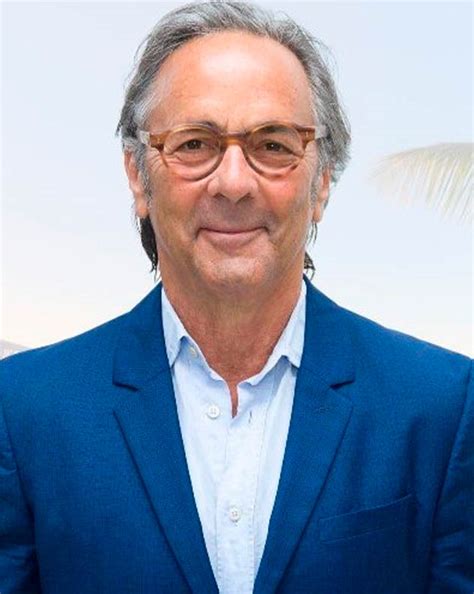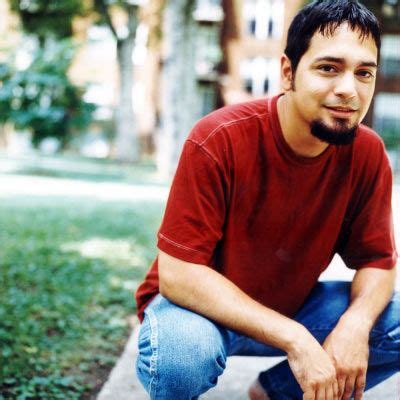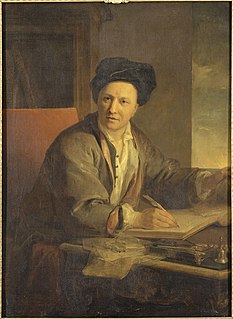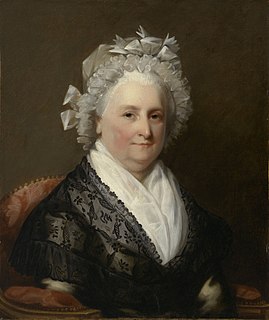A Quote by Henry David Thoreau
For the most part we allow only outlying and transient circumstances to make our occasions. They are, in fact, the cause of our distraction.
Related Quotes
When life does not go our way or we inadvertently make a mistake, it is so easy to make excuses, place blame on others, or argue that circumstances were against us. But we only progress in life to the extent that we take responsibility for our actions and attitudes, and put forth the initiative necessary to create our own circumstances.
If we could sufficiently understand the order of the universe, we should find that it exceeds all the desires of the wisest men, and that it is impossible to make it better than it is, not only as a whole and in general but also for ourselves in particular, if we are attached, as we ought to be, to the Author of all, not only as to the architect and efficient cause of our being, but as to our master and to the final cause, which ought to be the whole aim of our will, and which can alone make our happiness.
It is, however, a most astonishing but incontestable fact, that the history of the evolution of man as yet constitutes no part of general education. Indeed, our so-called "educated classes" are to this day in total ignorance of the most important circumstances and the most remarkable phenomena which Anthropogeny has brought to light.
We must be ready to allow ourselves to be interrupted by God... It is a strange fact that Christians and even ministers frequently consider their work so important and urgent that they will allow nothing to disturb them. They think they are doing God a service in this but actually they are disdaining God's "crooked but straight path". It is part of the discipline of humility that we must not spare our hand where it can perform service and that we do not assume that our schedule is our own to manage, but allow it to be arranged by God.
A human encounter with holiness is devastating. It refuses to allow us to be impressed with the things of the world we’ve been chasing. It refuses to allow us to remain comfortable in our sin. It refuses to allow us to remain on the throne of our lives. And it leads us to a relationship with the only One who can perfectly love us, who can forgive all our sins, and who can make us into His likeness. Our encounter with His holiness is our devastation. And our devastation is our salvation.
It is our daily duty to consider that in all circumstances of life, pleasurable, painful, or otherwise, the conduct of others, especially of those in the same house; and that, as life is made up, for the most part, not of great occasions, but of small everyday moments, it is the giving to those moments their greatest amount of peace, pleasantness, and security, that contributes most to the sum of human good. Be peaceable. Be cheerful. Be true.
I am one who has always been interested only in the edges of the body and the spirit, the outlying regions of the body and the outlying regions of the spirit. The depths hold no interest for me; I leave them to others, for they are shallow, commonplace. What is there, then, at the outer most edge? Nothing, perhaps, save a few ribbons, dangling down into the void.
Tests and trials are given to all of us. These mortal challenges allow us and our Heavenly Father to see whether we will exercise our agency to follow His Son. He already knows, and we have the opportunity to learn, that no matter how difficult our circumstances, all these things shall be for our experience, and our good.



































